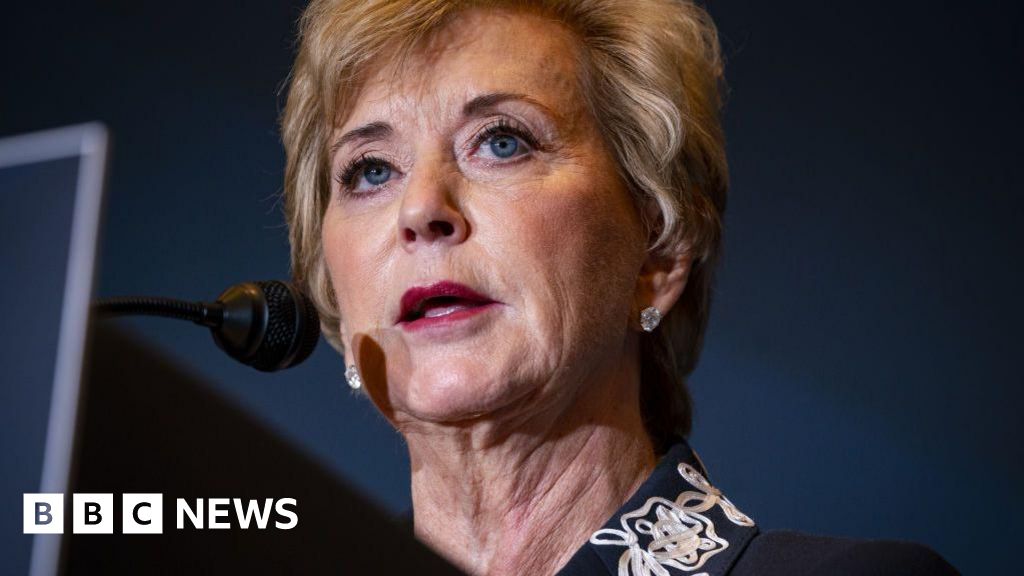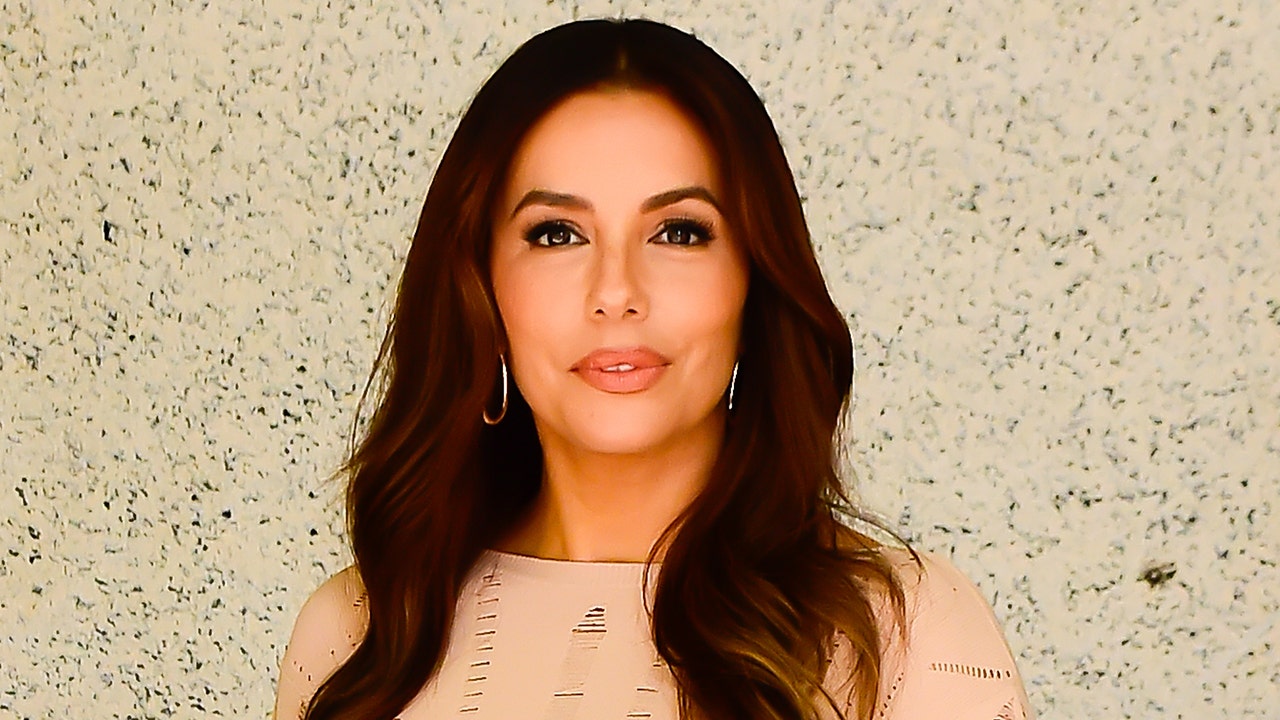

Issa Rae says she’s continuing to work on building her own studio or a method of controlling distribution for her shows amid a lack of work in Hollywood and difficulty getting the green light for her projects..
Speaking at the Fast Company Innovation Festival in Manhattan Thursday, the Insecure star and creator noted that despite her success, several shows she has produced, including Rap Shit, Sweet Life and A Black Lady Sketch Show, have been canceled. The current landscape is very challenging, Rae said, adding that she believes the industry is also waiting on results of the U.S. presidential election.
“The market has changed a lot, and we’re all susceptible to it. There’s no one that’s not affected by it,” Rae said. “And a lot of the conversations even about this movie that we shot in LA is just how nothing is shooting in LA right now. And there isn’t a lot of work. And my email is flooded every week with people saying, ‘Hey, if you have anything, I’m available.’ It is hard, and it is a big, big waiting game just generally of figuring out what’s going to happen to the industry,” Rae said.
“I’ve had a great, great relationship with the partners now that I work with, and I love working with them. It’s just that everybody, every single network, maybe with the exception of Netflix, is beholden to Wall Street right now. And I think after the elections, things will change because they’ll know what’s possible in a very, also scary way. The industry is just kind of waiting,” she continued.
Rae is currently under a five-year overall deal with what was previously known as WarnerMedia when she signed the deal in 2021.
The writer and producer launched Hoorae Media, an independent media production company, in September 2020, with the goal of having more control over which projects are produced, with a particular emphasis on stories written by Black creatives and starring Black talent.
“It’s about making sure that we have hands on every part of the process. And that’ll hopefully, ultimately lead to a studio, whether it’s a network, whether it’s some form of distribution, that is the North Star,” Rae said. “But right now it’s just a little bit at a time just prioritizing these stories. What I have seen is, and what we’ve all seen just even in looking at the TV landscape right now, is that they’re not a lot of Black stories on the air. And that’s something that will always be at the center of what we make and who we consider. And I know that there are not a lot of networks out there or studios out there that feel the same way.”






:max_bytes(150000):strip_icc()/The-Dark-Side-of-Reality-TV-ANTM-111824-92379300d92047dd92ed08612e9b881c.jpg)
